The Kob is a strong, beautiful antelope found in African savannas and floodplains. It looks like a cross between a deer and a goat, with long legs and curved horns. Kobs are social animals, often seen in groups, and they play an important role in the balance of the wild.
Scientific Classification
-
Kingdom: Animalia
-
Phylum: Chordata
-
Class: Mammalia
-
Order: Artiodactyla
-
Family: Bovidae
-
Genus: Kobus
-
Species: Kobus kob
Common Names
-
Kob
-
Buffon’s Kob
-
West African Kob
-
Water Antelope (sometimes called this due to their love for wetlands)
Geographic Distribution
Kobs live in parts of West, Central, and East Africa, especially:
-
Nigeria
-
Ghana
-
Cameroon
-
South Sudan
-
Uganda
They like:
-
Open grasslands
-
Floodplains
-
Near rivers or swamps
 Image showing a male Kob standing alert in the grass with his horns held high (Source: iStock)
Image showing a male Kob standing alert in the grass with his horns held high (Source: iStock)
Physical Characteristics
-
Size: Medium antelope, about 90–100 cm at the shoulder
-
Weight: 80 to 100 kg
-
Color: Reddish-brown coat with white underparts
-
Horns: Only males have horns — strong and curved backward
-
Body Shape: Slim with long legs for running
Types of Kobs
There are a few regional types (subspecies), based on where they live:
1. Western Kob (Kobus kob kob)
 Image showing a reddish Kob grazing in a West African field (Source: iStock)
Image showing a reddish Kob grazing in a West African field (Source: iStock)
-
Found in countries like Nigeria, Senegal, and Burkina Faso
-
Reddish-brown with light underbelly
-
Forms large herds
2. Ugandan Kob (Kobus kob thomasi)
 Image showing Ugandan kob resting in the field (Source: Freepik)
Image showing Ugandan kob resting in the field (Source: Freepik)
-
National animal of Uganda
-
Found in South Sudan and Uganda
-
Known for grace and group displays during mating
3. White-eared Kob (Kobus kob leucotis)
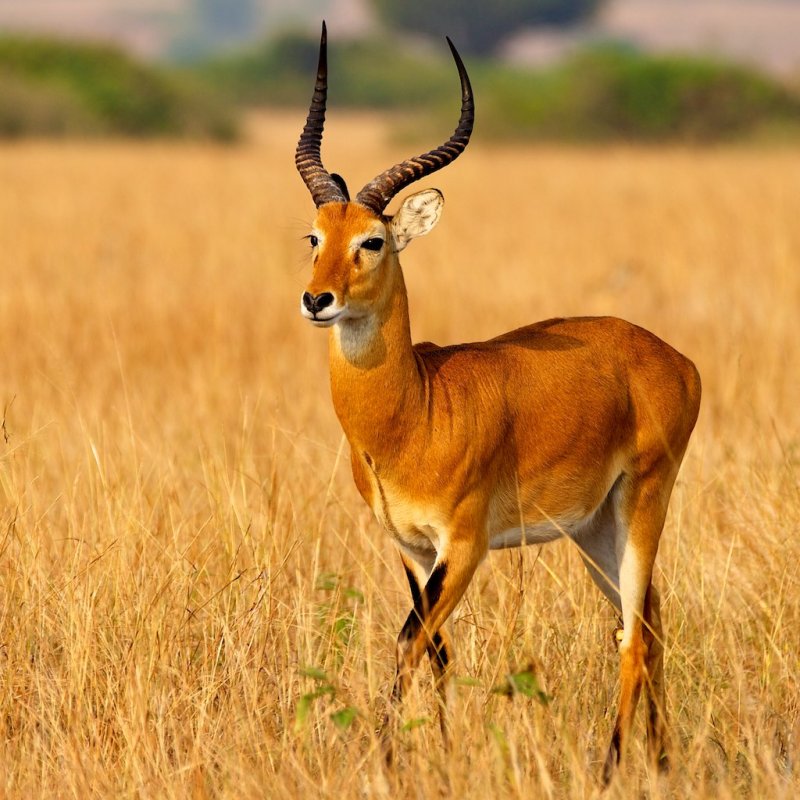 Image showing Kob with distinctive white ears and markings (Source: Fandom)
Image showing Kob with distinctive white ears and markings (Source: Fandom)
-
Found in South Sudan and Ethiopia
-
Has clear white patches on ears and face
-
Famous for long-distance seasonal migration
What do Kobs eat?
Kobs are herbivores, which means they only eat plants. Their diet includes:
-
Fresh grass
-
Leaves
-
Small plants in wet areas
They graze mostly in the early morning and evening to avoid the heat.
Fun facts about Kobs
-
Only males have horns, they use them to fight for mates.
-
The Ugandan Kob is on the Ugandan coat of arms.
-
Kobs are fast runners and use speed to escape predators.
-
They often live near water sources to stay cool and find green grass.
-
During mating season, males gather in “leks” and display to attract females.
Importance to Humans
Positive Roles:
-
Attract tourists in national parks
-
Support local wildlife traditions and culture
-
Help keep grasslands healthy by eating overgrown plants
-
Serve as prey for big predators like lions and leopards, part of nature’s balance
Challenges:
-
Some kobs are hunted for meat (bushmeat)
-
Loss of wetland habitat due to farming or building
-
Diseases from nearby livestock in shared environments
Health & common issues
In the wild, kobs are generally healthy but face natural dangers.
Common health issues:
-
Parasites like ticks and worms
-
Injuries from predator attacks
-
Diseases spread from cattle (e.g., foot-and-mouth)
-
Stress or malnutrition in dry seasons
Veterinary needs (in captivity or reserves):
-
Regular deworming
-
Clean water and shade
-
Monitoring for injuries or infections
-
Safe fencing and enough space to run
Conservation Status
-
Most kob populations are not endangered, but some subspecies are at risk
-
The White-eared Kob, for example, is facing threats from war, hunting, and habitat loss
-
Protected in many parks like Uganda’s Murchison Falls and Nigeria’s Yankari Reserve
-
Conservation groups are working to monitor and protect their habitats
Kob vs Antelope (General)
| Feature | Kob | Other Antelope |
|---|---|---|
| Size | Medium | Varies (small to large) |
| Horns | Only males have horns | Both sexes in some species |
| Habitat | Wetlands and grasslands | Can live in deserts, forests, plains |
| Coat Color | Reddish-brown | Varies widely |
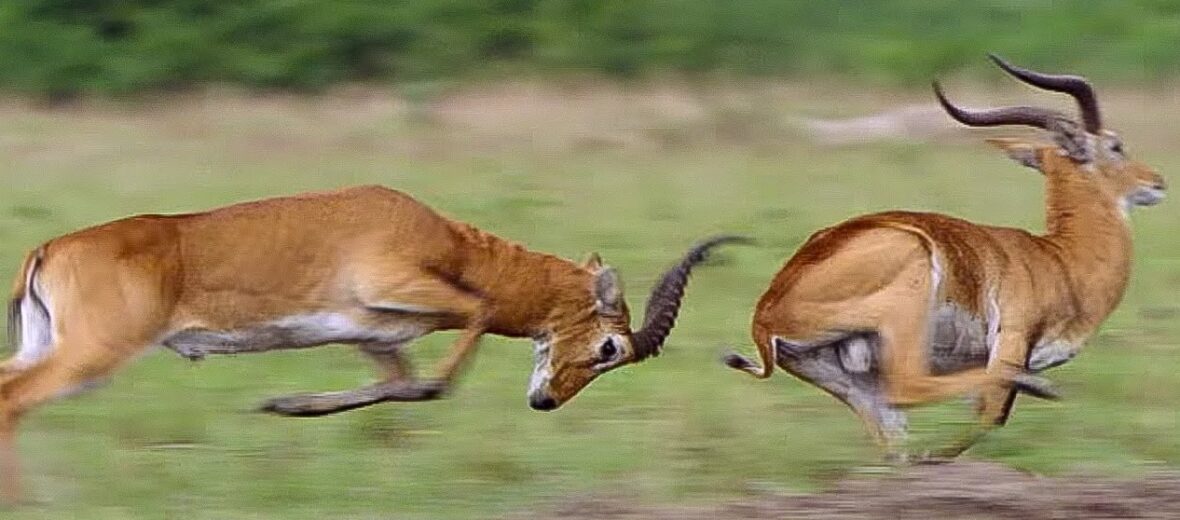 Image showing two kobs running ( Source: Critter Science)
Image showing two kobs running ( Source: Critter Science)
If you have questions about wildlife health or antelope care, you can reach out to us at Doctor Hulk Veterinary Hospital or call 08143397614.




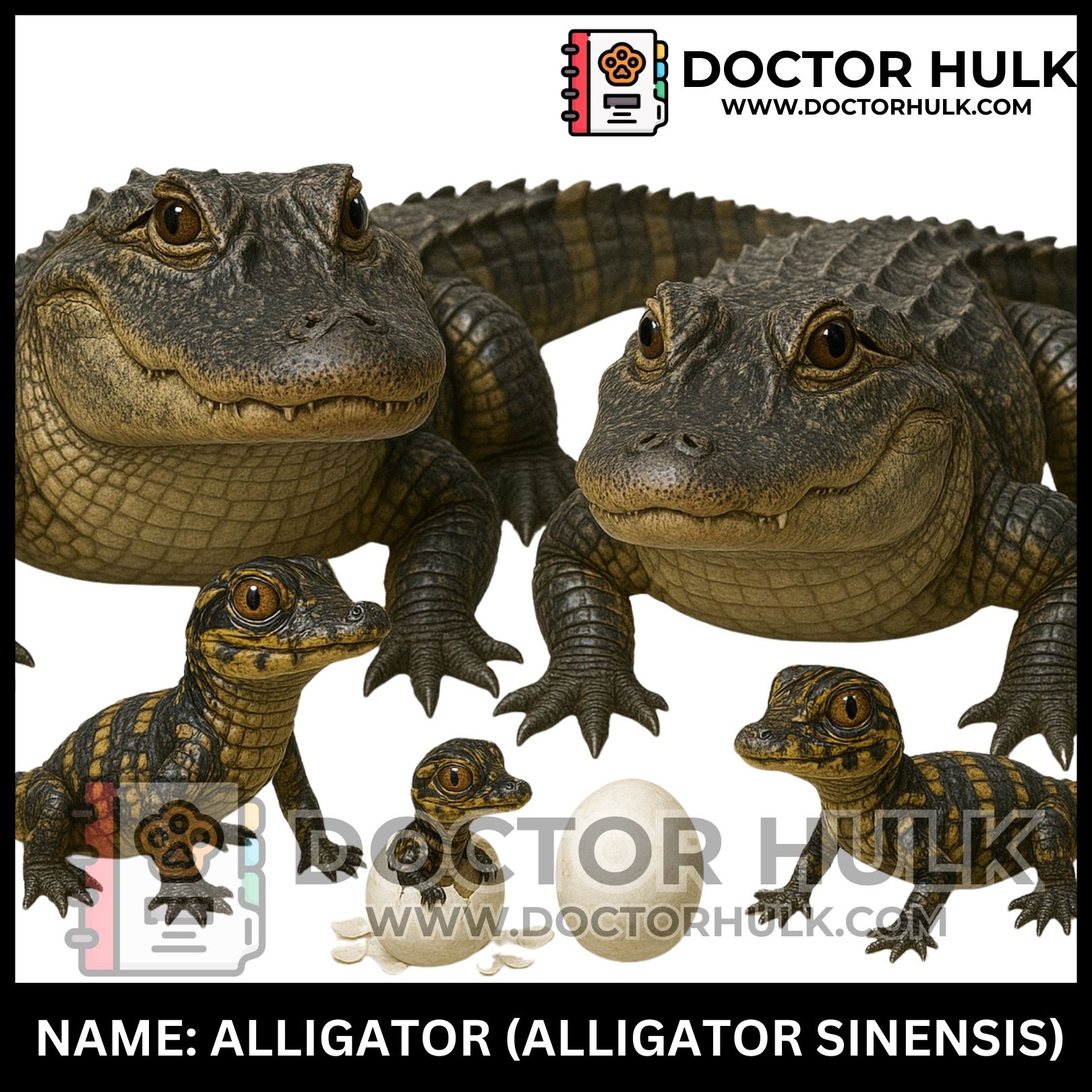
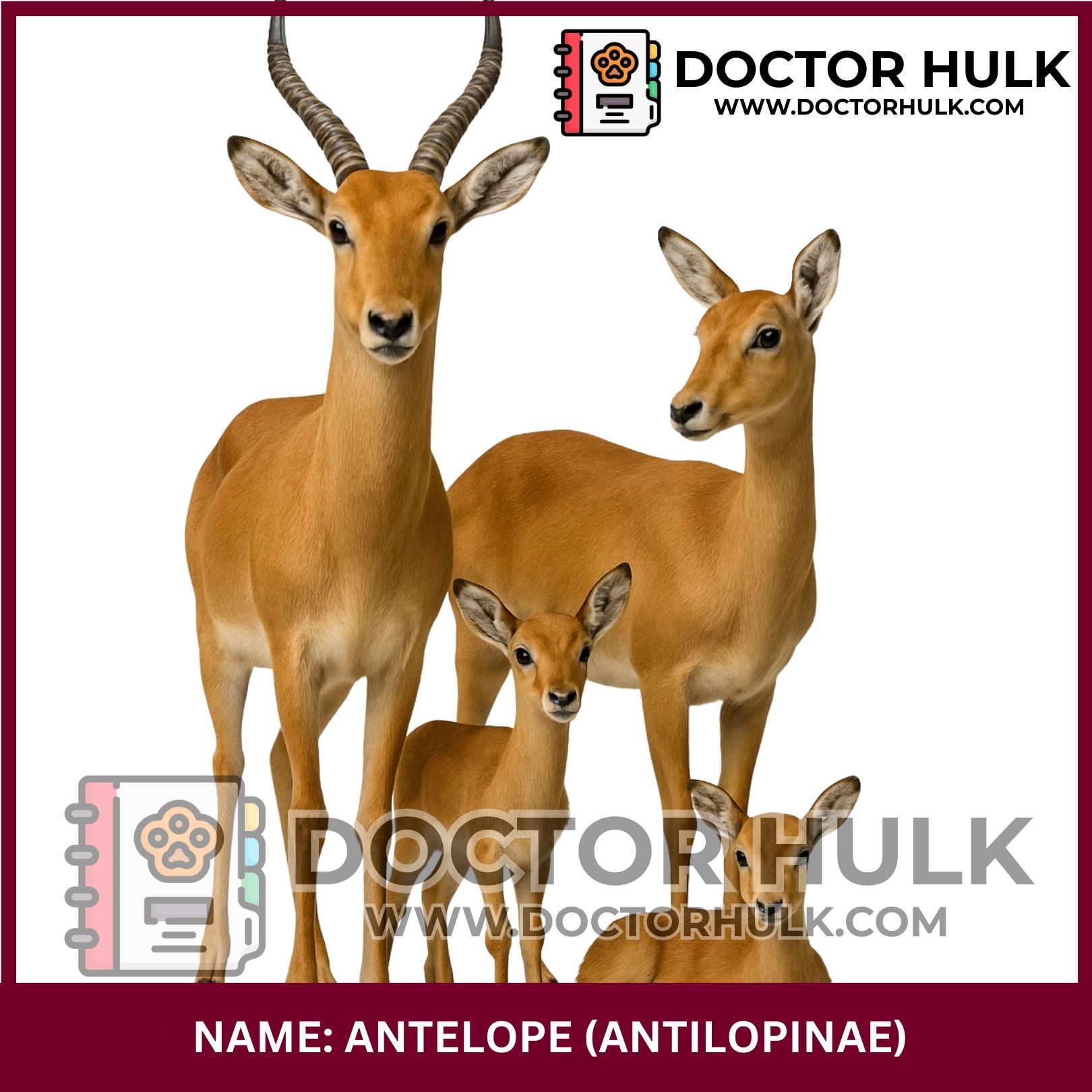
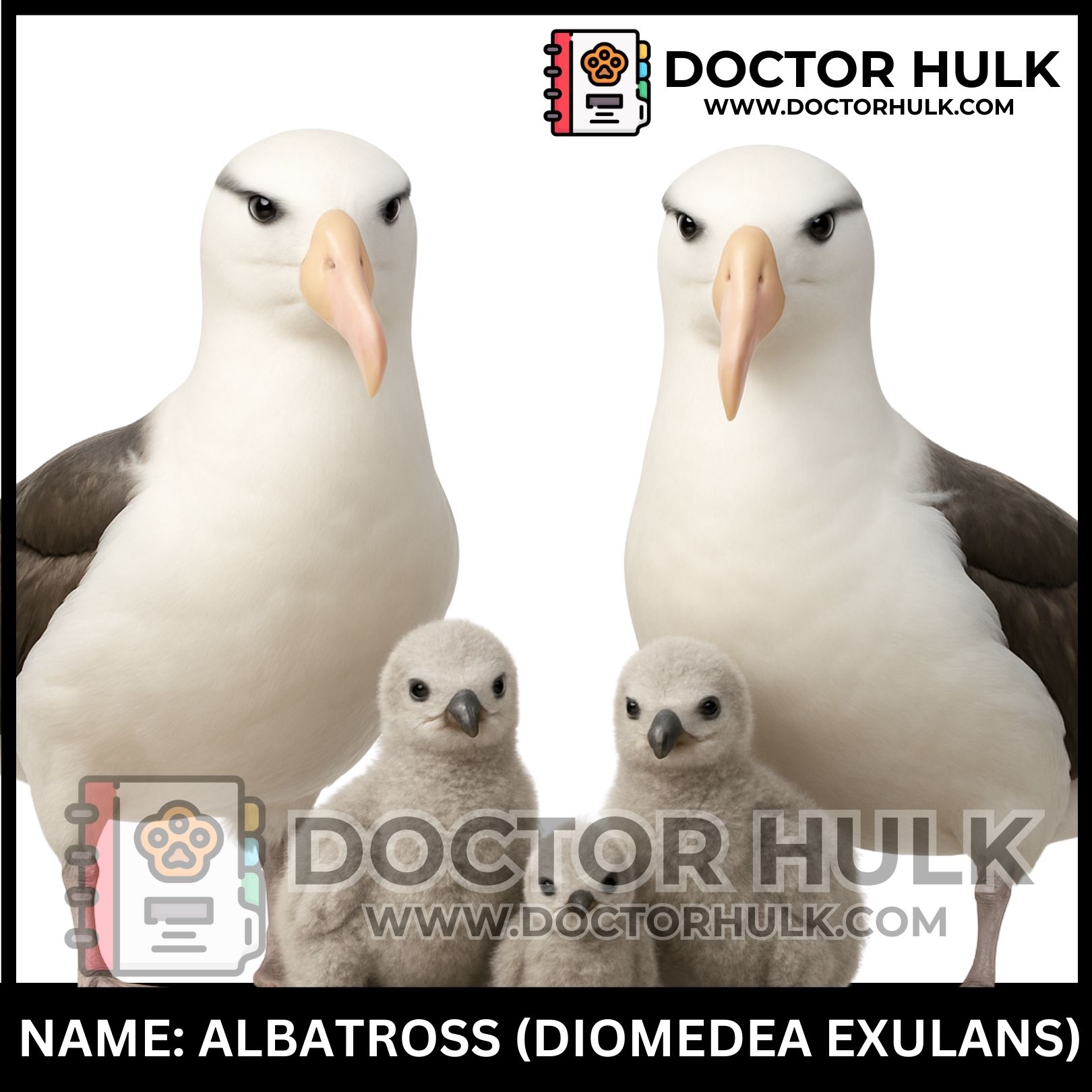
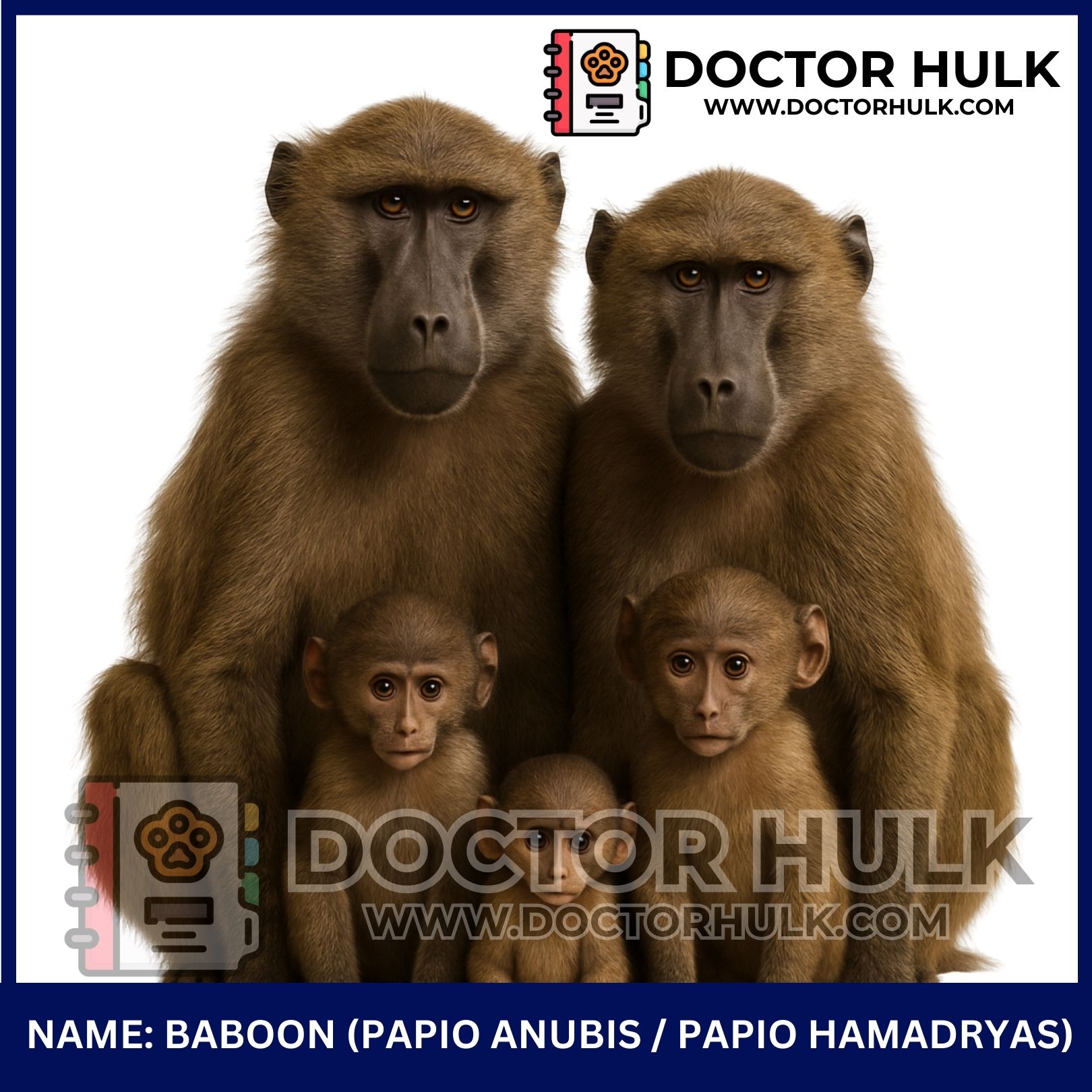
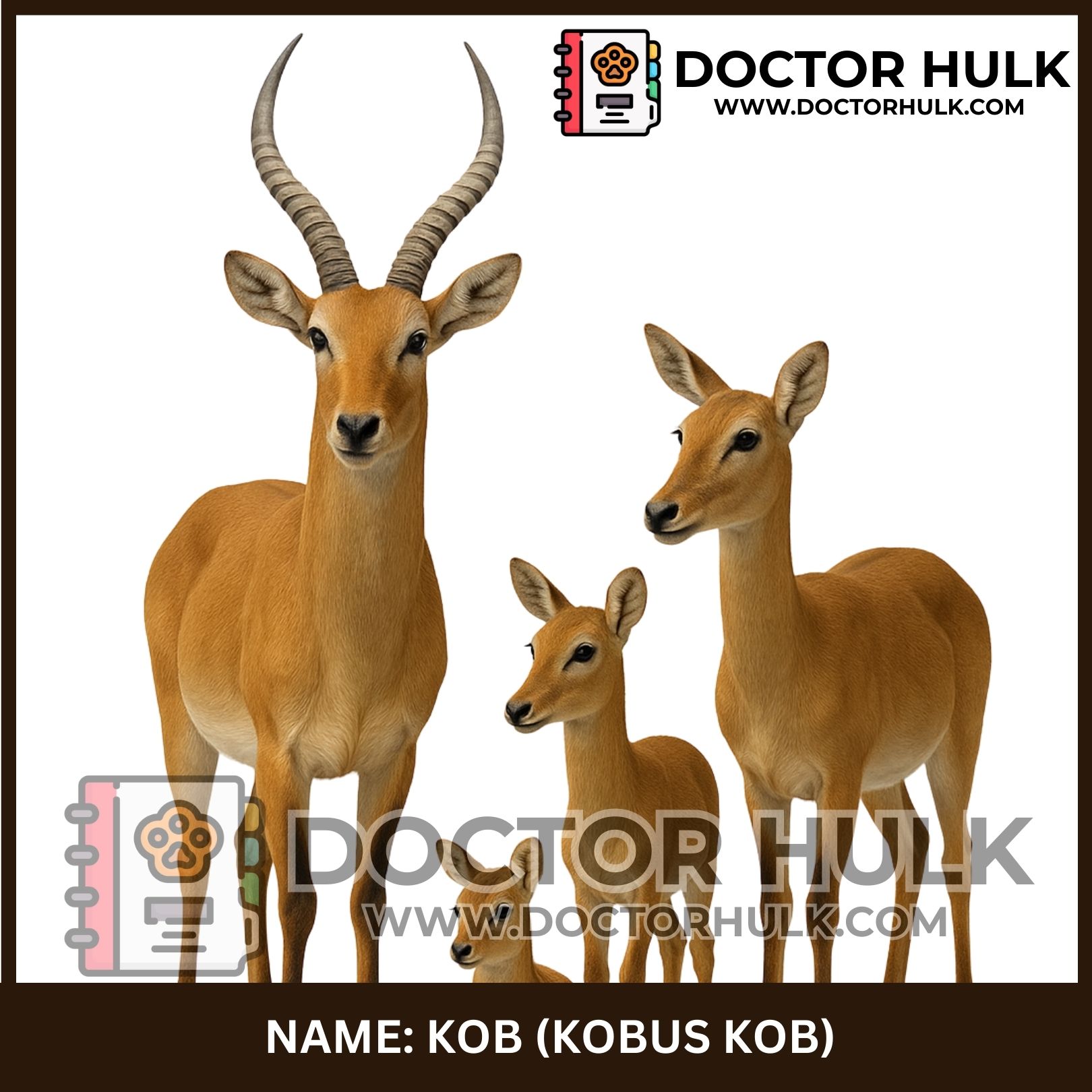
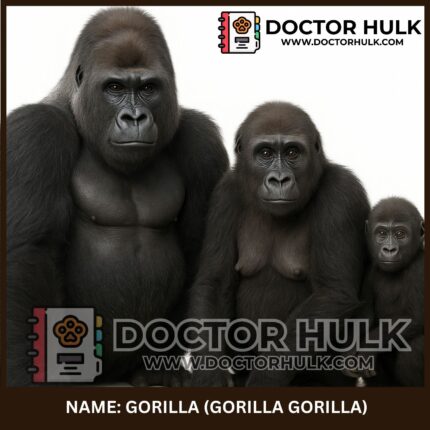
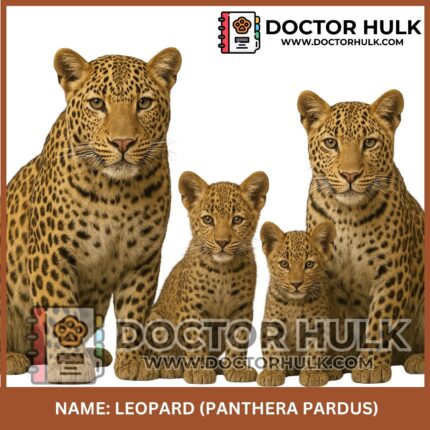


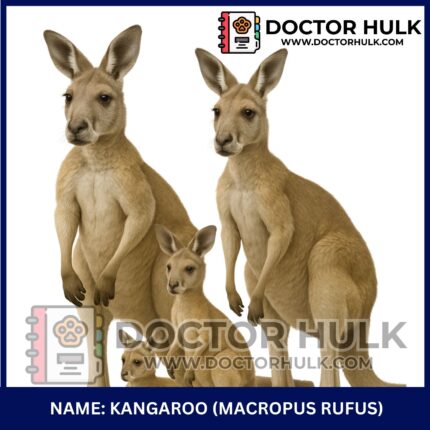
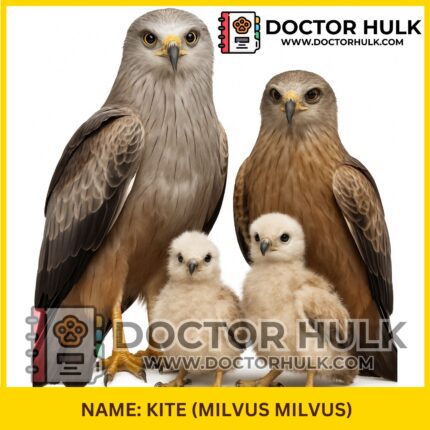
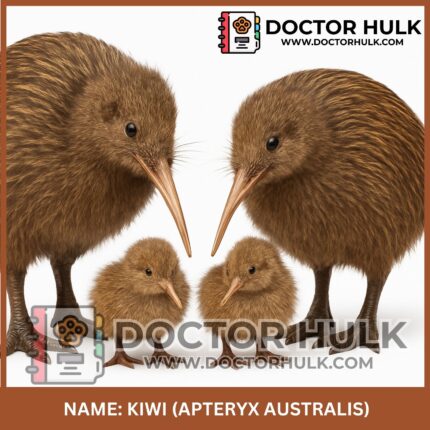
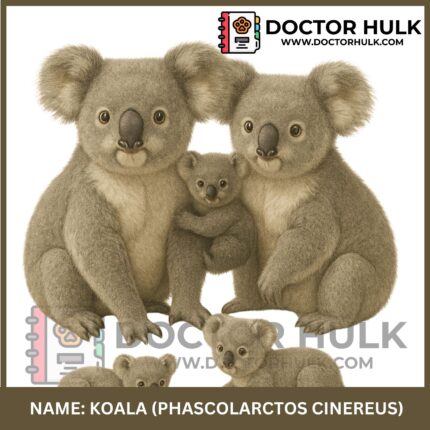

Reviews
There are no reviews yet.